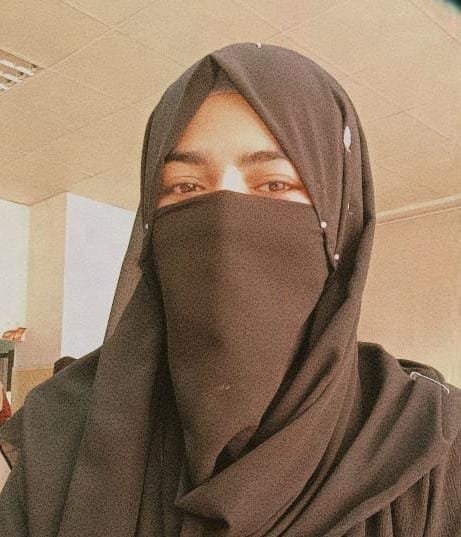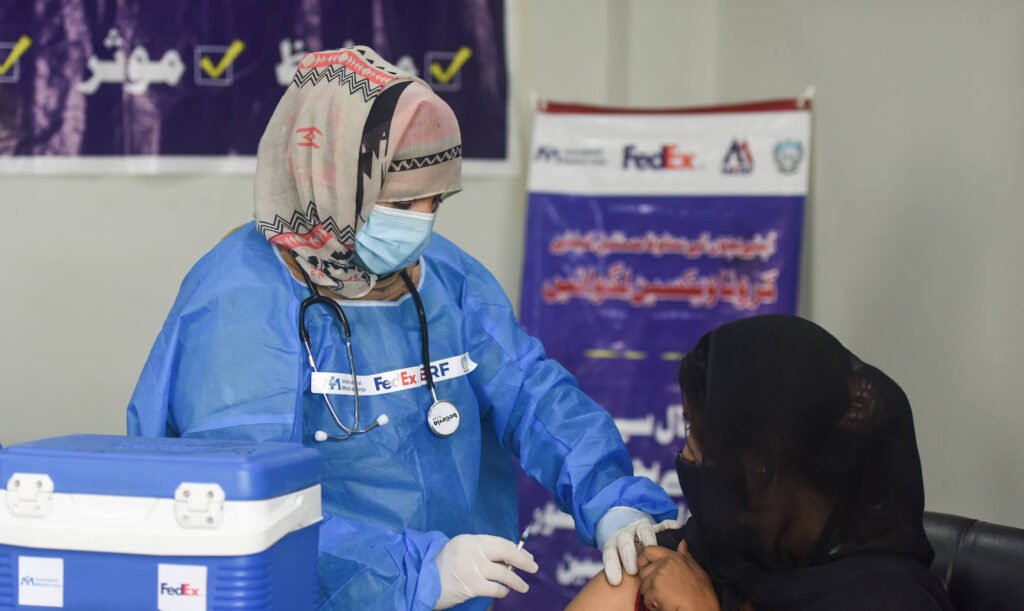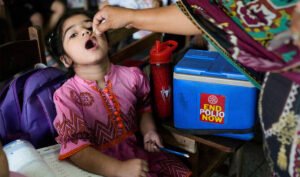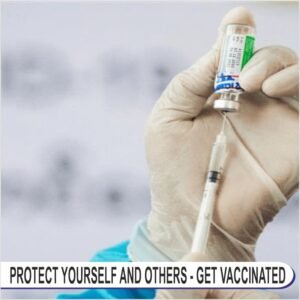As a health sciences student, I’ve always been fascinated by how a simple vaccine can save lives. Growing up, I remember standing in long lines at vaccination camps with my mother, waiting for my polio drops. Back then, I didn’t understand their importance, but today, I realize how crucial these efforts are in keeping children safe from preventable diseases.
Pakistan has made remarkable progress in immunization. The “Expanded Program on Immunisation (EPI)”, which provides free vaccines for diseases like measles and hepatitis, has protected millions of children. One of our biggest successes is the near-eradication of polio. When I compare the 20,000 polio cases reported in the 1990s to just a handful today, it’s clear that consistent vaccination drives work. Health workers, often working in difficult conditions, deserve immense credit for this achievement.
Despite these efforts, many children still miss their vaccines. In rural areas, families sometimes struggle to access healthcare centers. But another big issue is “misinformation”. I’ve heard people say things like, “Vaccines are a Western conspiracy” or “They can make children infertile.” These myths spread fear, even though science has proven vaccines safe for decades. A few years ago, a measles outbreak in Sindh affected thousands of unvaccinated children. It was heartbreaking because it could have been prevented. This shows why we must tackle misinformation head-on.
Local leaders, religious scholars, and Healthcare Professionals should collaborate to reassure families. When trusted voices explain vaccines in simple terms, people listen. Social media, TV, and radio can share success stories (like how smallpox was eradicated globally). If children learn about vaccines early, they’ll grow up making informed health choices. Vaccination isn’t just a government responsibility. It’s ours too. Every time a child gets vaccinated, we move closer to a healthier Pakistan. As future health professionals, we must advocate for science, dispel myths, and ensure no one is left behind. After all, if a few drops can save a life, why wouldn’t we make sure everyone gets them?
Young people have a vital role to play in promoting vaccinations. As students, social media users, and future leaders, youth can raise awareness, counter myths, and support vaccination drives in their communities. By organizing health education campaigns, sharing accurate information online, and volunteering during immunization programs, we can create a ripple effect that reaches even the most remote areas. Our voice matters—and using it wisely can help save lives.
Vaccinations are one of the most powerful tools we have to protect public health. Pakistan’s journey shows that with consistent efforts, even deadly diseases like polio can be nearly wiped out. But progress depends on all of us—governments, communities, and especially the youth. By staying informed, speaking up against myths, and supporting local health efforts, young people can become true agents of change. A healthier Pakistan is within our reach, but only if we work together, spread truth over fear, and ensure every child gets their life-saving drops.

The author is a member of the YOP-Sindh Chapter and is currently pursuing a bachelor’s degree in Business Administration from the University of MUET. Her areas of interest include empowerment, community development, and public health awareness.



